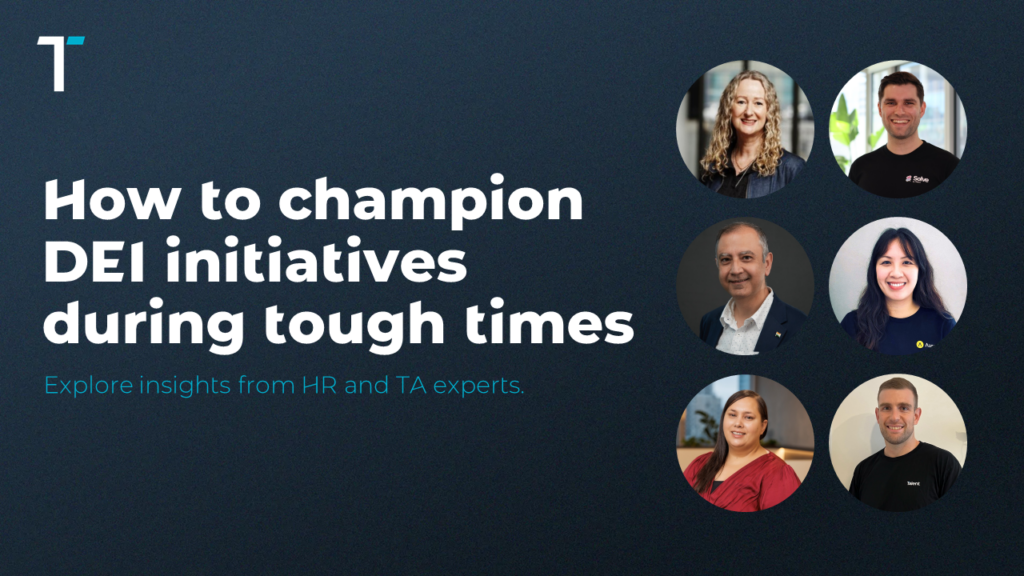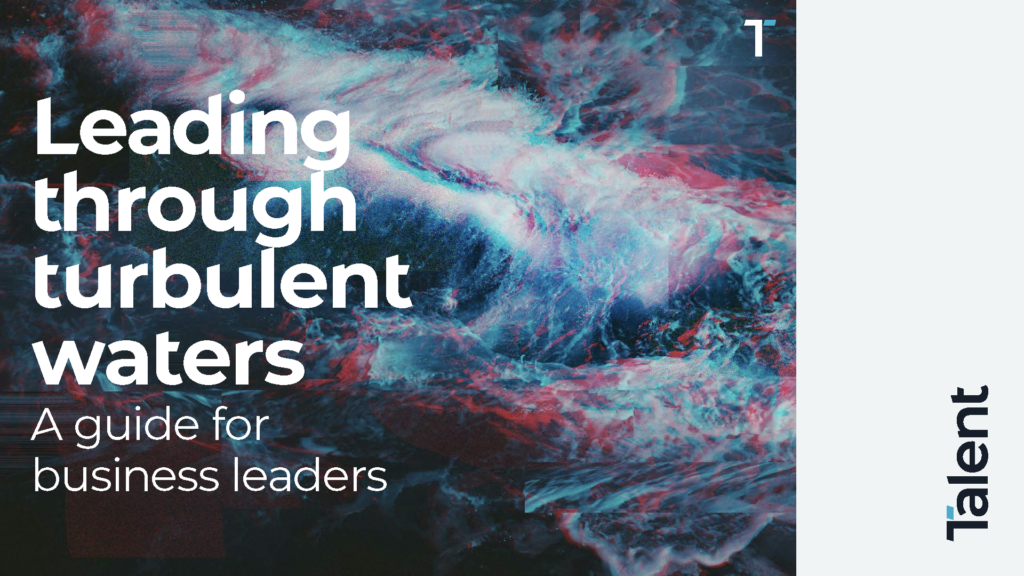
Skills vs Degree – Which one is more important?
Skills vs Degree – Which one is more important?

When it comes to hiring and career growth, the debate between skills and degrees continues to spark conversation. With industries evolving rapidly and technology reshaping how we work, what really matters most? Should job seekers focus on building practical, hands-on skills, or does earning a formal degree still hold the key to long-term success?
To explore this, we sat down with two of our recruitment experts from Perth; Kristen Stewart and Jon McCahon. Their insights shed light on how universities are adapting, what employers truly value, and why the best approach might be finding the right balance between both.
The case for: The value of a degree in today’s market
“At their core, degrees still provide foundational knowledge – complex theories, frameworks, and structured learning that encourage teamwork, research, and formal communication,” Kristen says. These skills transfer well to the workplace, helping new hires meet deadlines, collaborate effectively, and grow professionally.
Kristen shares that universities are increasingly integrating practical experiences into their degree programs. “We’re seeing more work-integrated learning like internships, placements, and hands-on projects across fields like engineering, IT, science, and business,” she explains. These real-world applications help students gain the skills that employers want, boosting their employability.
Despite the growing popularity of skills-based hiring, Kristen believes degrees still deliver essential value. “The foundational knowledge you gain – understanding complex frameworks, learning how to research, communicate formally, and work collaboratively -those are things that really transfer into the workplace,” she says. “It sets people up with the discipline to meet deadlines, present ideas, and operate in a structured way.”
When it comes to long-term career growth, Kristen notes that degrees often open doors to senior positions. “In many organisations – especially those with formal HR requirements or structured hierarchies – a degree is still a box that needs to be ticked. That’s less of an issue in your twenties, but it can become more important later in your career. And once you’ve got a mortgage, a family, and a full-time job, it’s a lot harder to go back and study.”
She also highlights partnerships between universities and industries, especially in sectors like mining, engineering, and health, driving innovation and collaboration. This connection ensures that degrees don’t just deliver theory but also prepare graduates with relevant, practical skills.
The case against: Soft skills are king
Jon believes that skills-based hiring gives employers access to a broader and often more capable talent pool. “When you remove degrees as a filter, you instantly open the door to candidates who may have taken non-traditional paths but still bring the technical skills, mindset, and real-world experience needed to thrive,” he explains. Jon points out that this not only speeds up the hiring process by removing unnecessary screening criteria but also brings down recruitment costs. “You’re not spending weeks shortlisting based on pieces of paper. You’re actually evaluating who can do the job.”
He adds that hiring for skills often leads to better performance and retention. “When people are hired based on what they can do – rather than what they studied – they’re usually more aligned with the work. They’re in roles that match their strengths, which often translates to more passion, better results, and longer tenure.” Jon also notes that relying on skills can be more cost-effective. “There is no tuition fees involved, and candidates might not demand the same salary premiums that degree-holders often expect – especially when they’re still early in their careers.”
Jon points to research that shows companies like Google and IBM have removed degree requirements for many roles, especially in tech and digital. “In digital marketing, for example, the tools and platforms change so quickly. A marketing degree from 10 or 15 years ago wouldn’t have included anything about social media, influencer marketing, or platform analytics. But someone who’s grown up building audiences on TikTok or managing brand accounts on Instagram might actually be more relevant, and those are skills you can’t always teach in a classroom.”
He also argues that skipping university can give job seekers a head start. “Instead of spending three or four years studying, they’re already working, building networks, and getting promoted. That fast-tracked experience can really compound over time.”
The verdict: A mixture of both
Ultimately, the skills vs degree debate isn’t about choosing one over the other – it’s about balance, relevance, and long-term value. As Jon and Kristen highlight, what matters most is context: the role, the organisation, the career stage, and the individual. A degree can open doors and offer structured learning, while practical skills demonstrate adaptability and impact from day one. Employers today aren’t looking for one or the other, they’re looking for the right mix. As hiring needs evolve and workplaces shift, finding that sweet spot between qualifications and capability is where the real magic happens.
So, whether you’re a candidate shaping your next move or an employer making a call, it’s not either/or, it’s both, in balance. And if you’re unsure? That’s where we come in. Get in touch.









